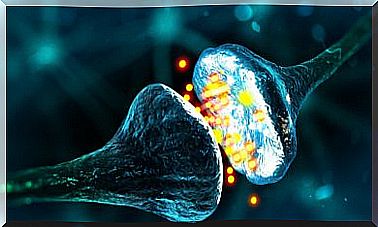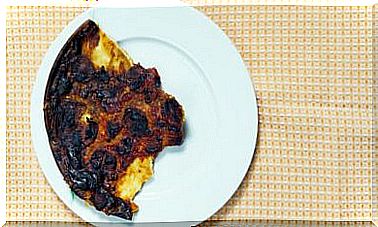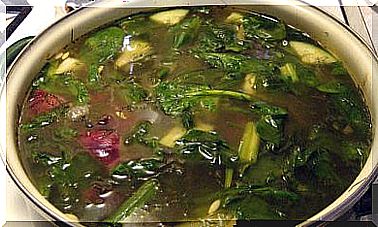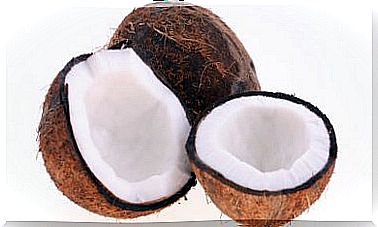5 Harmful Foods That You Include In Your Regular Diet
Far from reducing our possibilities, by excluding these foods from our diet we can open ourselves to a new world of healthy and healthy products and ingredients without worrying about their possible effects .
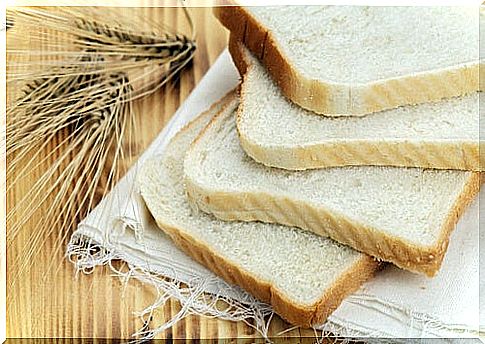
Following a healthy and balanced diet seems a bit complicated. Especially in these times when many companies try to disguise foods that are harmful to us, or those few who are healthy.
Although nowadays it is easier to know those foods that are not so good for the body, many still include in their regular diet some that can even be harmful.
Some foods have negative effects on the body in the medium and long term. The most worrying thing of all is that these tend to be included in the diet very frequently. In many cultures they are the basis for the preparation of various recipes.
Knowing them and reducing their consumption to the maximum is the most effective way to avoid the risks they entail. This time we are going to reveal the 5 most common and why they are considered harmful to health.
5 harmful foods that you include in your regular diet
1. White or refined rice
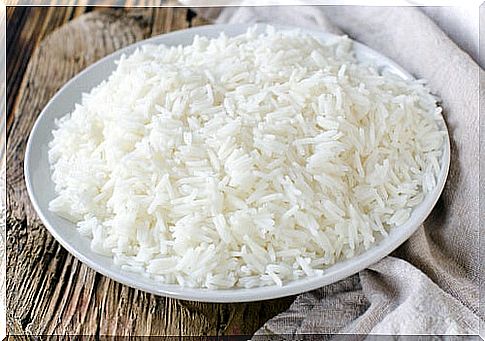
White rice is more attractive in appearance, but it is not the healthiest. In order for the whole grain to remain this color, it has to undergo a refining process in which the outer layer and the germ are removed. This is precisely the part where it houses a large part of its properties.
The result is a grain with few nutrients and a high starch content. Ingesting it frequently in the diet has been associated with increased blood sugar levels and, in the long term, with diabetes.
According to one study, high consumption of white rice is associated with a significantly increased risk of type 2 diabetes, especially in Asian populations.
What is the solution?
Although it is a bit more expensive, the best substitute is brown rice. The one that in its shell preserves all the nutrients that the white loses when being refined. It provides B-complex vitamins, contains fiber, is gluten-free and is very low in fat and calories.
2. Refined wheat flour
Refined wheat flour is another bad food on our list. This is very poor in nutrients because the shell of the cereal has been removed. This part is the one that stores all its fiber, vitamins and minerals.
Instead, it is subjected to chemical treatments that result in the formation of a by-product called alloxane. It refers to a substance that is used in scientific research to cause diabetes in healthy mice.
Contrary to what happens with the integral, it worsens constipation problems, influences fluid retention.
What is the solution?
Always choose whole wheat flour, and include it in other flour-based foods, such as breads, cakes or pasta. Additionally, some research suggests that there is some evidence that they may have a positive effect in preventing type 2 diabetes.
3. White sugar
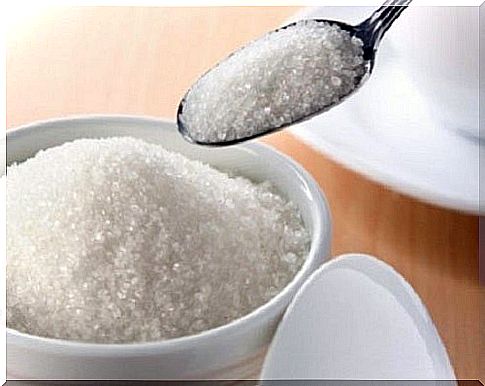
White sugar should not be considered a food, since it is a chemical substance, which is extracted from plant sources such as cane or beets.
It is very poor in nutrients but has a high calorie index that has been linked to weight gain, metabolic difficulties, and diabetes.
Instead of providing vitamins, minerals, fiber or other nutrients, it takes away health from the body and causes a strong addiction that also leads to problems in the nervous and immune systems.
Chemical sweeteners are also harmful, as they are associated with obesity and cancer. These include: aspartame, saccharin, and cyclamates, which are often found in so-called diet sodas .
What is the solution?
It is very difficult to completely eliminate sugar from the diet, since, in addition to being addictive, it is also present in many other products of daily consumption.
However, with a lot of willpower, you can start to reduce it little by little until it is no longer necessary to incorporate it. Instead use natural sweeteners like stevia or honey.
4. Table salt
Refined table salt is one of the ingredients that are most incorporated in the daily diet. This variety of salt is nothing more than sodium chloride to which fluorine and iodine are added artificially.
At present its consumption is discouraged because it is present in many foods and is usually taken in exaggerated quantities. Although in trace amounts it does not pose a health risk
These large amounts that accumulate in the body are related to fluid retention, high blood pressure and inflammatory diseases.
What is the solution?
As a substitute for refined salt, you can replace it with natural spices and seasonings.
5. Vegetable oils
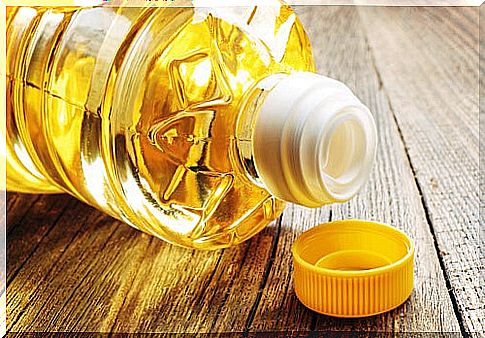
One of the great dietary mistakes that consumers make is believing that all oils are healthy simply because they come from a plant source.
The truth is that some, such as palm or soy, are harmful foods. They are not so good because they are loaded with saturated fats that increase cholesterol levels.
In addition, fats such as margarine and vegetable shortening increase coronary risk as they are the main causes of arterial blockage.
How to solve it?
Acquire monounsaturated oils such as olive.
Do you frequently eat these harmful foods? Now that you know how harmful they can be, start cutting back and trying to find other alternatives.
